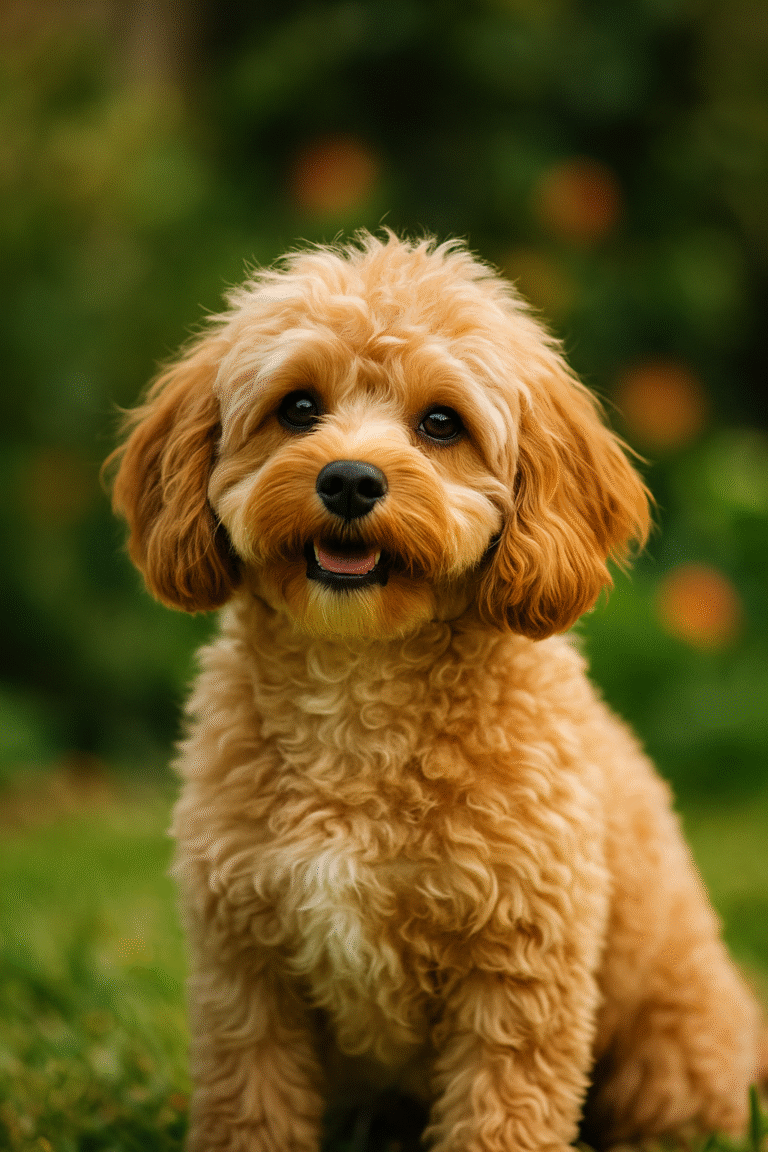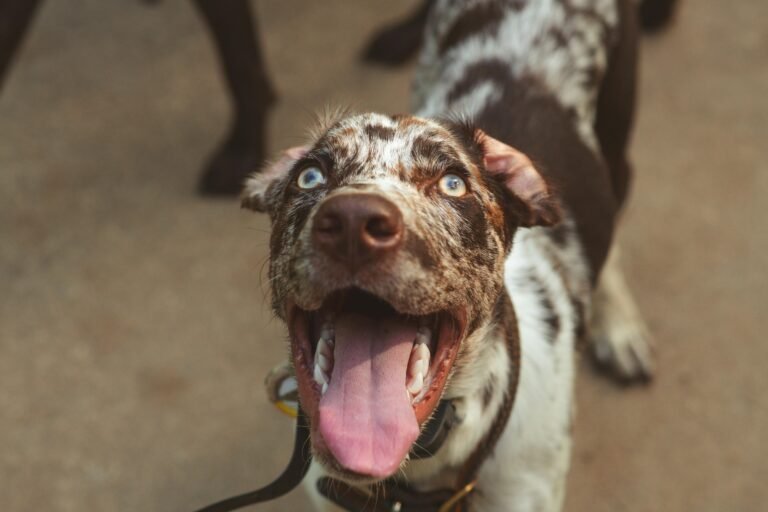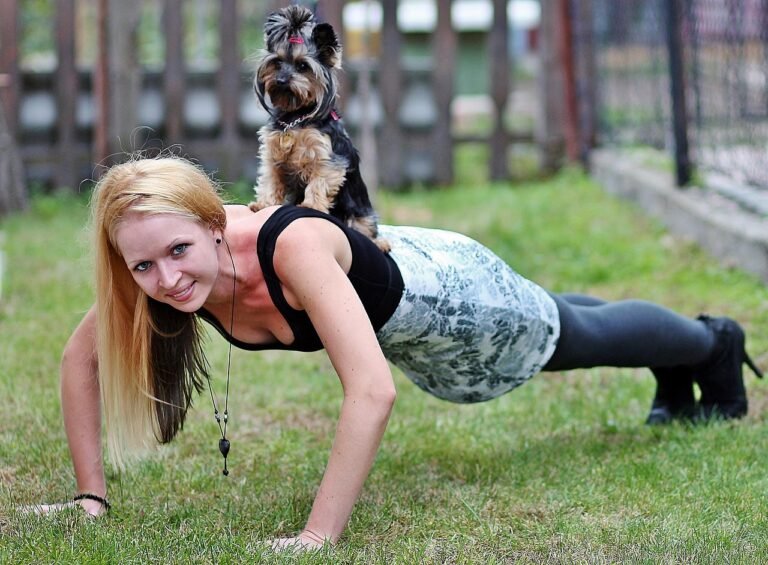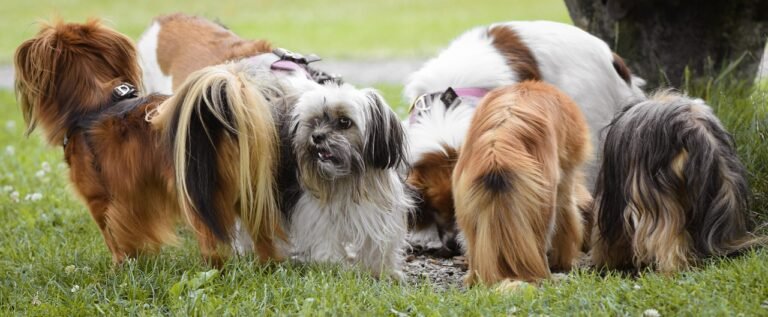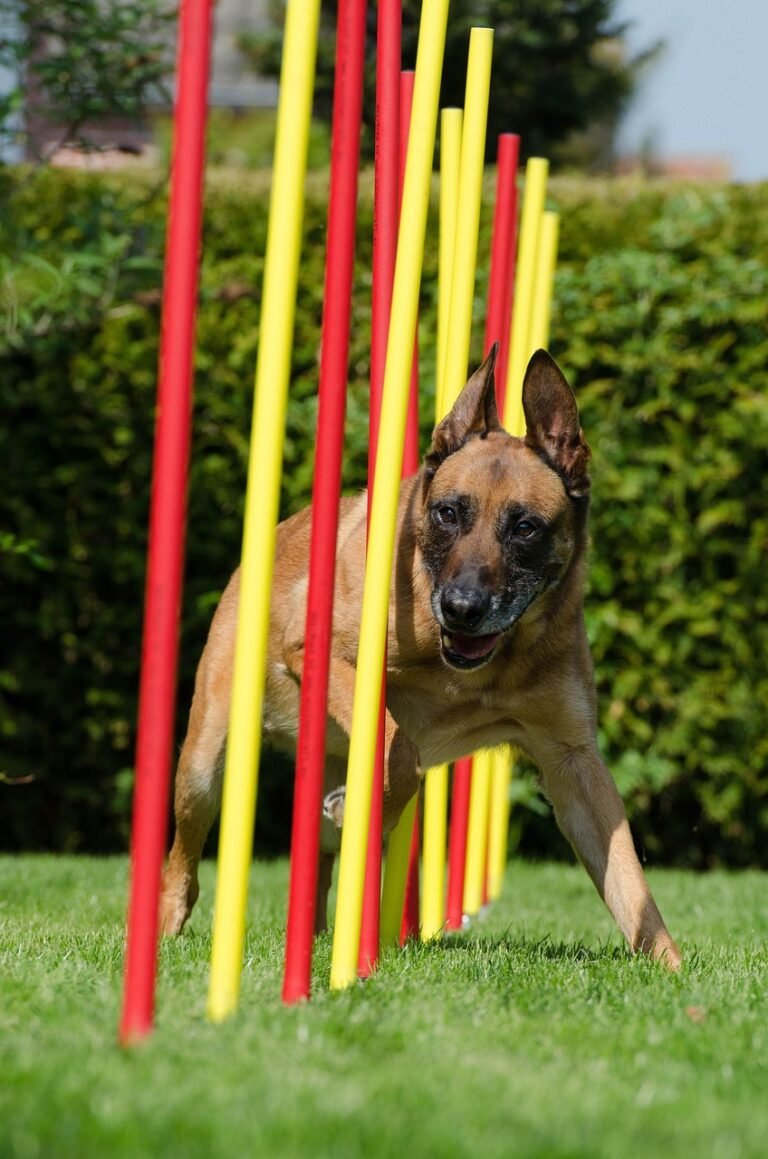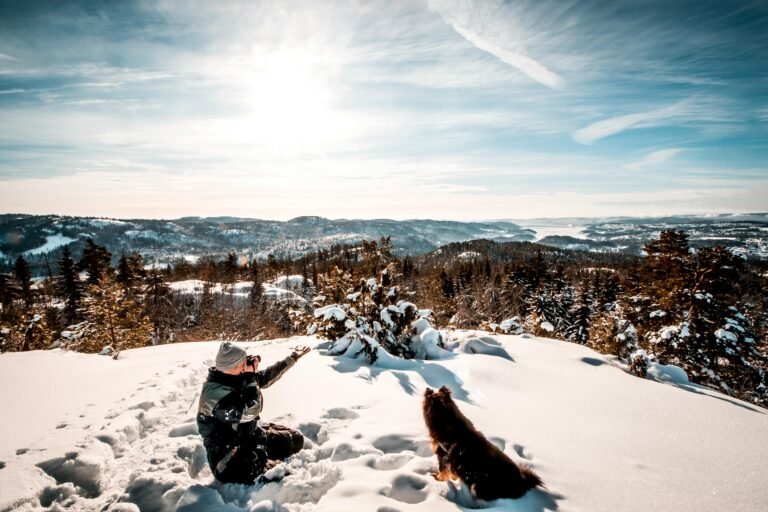History and Origins
The Bernese Mountain Dog traces its roots back to the Swiss Alps, where it evolved as a versatile farm dog prized for its strength, intelligence, and gentle temperament. Named for the canton of Bern in Switzerland, this breed is one of four Sennenhund types historically used by alpine farmers and herders. These dogs aided with livestock management, served as draft animals pulling carts loaded with dairy products to market, and acted as watchful guardians of the home. The breed’s lineage likely includes molosser-type dogs brought to the region by Roman soldiers over two millennia ago, which interbred with local Swiss farm dogs.
By the late nineteenth century, industrialization and mechanization threatened the existence of the Bernese Mountain Dog as farmers transitioned away from draft dogs. Concerned Swiss fanciers began preservation efforts, and in 1907 the first breed club, the Berna Dog Club, formed to promote and standardize the breed. These enthusiasts documented pedigrees, established breed standards emphasizing the breed’s tricolor coat (jet black with rust and white markings), and campaigned for wider recognition. In 1910, the Bernese Mountain Dog made its debut at the Swiss Kennel Club dog show, garnering attention for its beauty and working ability. Shortly thereafter, the breed crossed to other countries, arriving in the United States in the 1920s.
Today, the Bernese Mountain Dog is a beloved companion and show dog while still excelling in various working roles. Its storied heritage evokes images of sturdy dogs pulling carts through picturesque Swiss villages and lounging in alpine meadows. Although far removed from its original farm duties, the Bernese retains the hardworking spirit and gentle demeanor that endeared it to generations of Swiss farmers.
Physical Characteristics and Appearance
The Bernese Mountain Dog is a large, robust breed known for its striking tri-colored coat and expressive, soulful eyes. Males typically stand between 25 and 27.5 inches at the shoulder and weigh between 80 and 115 pounds, while females range from 23 to 26 inches tall and weigh 70 to 95 pounds. Their body is sturdy and slightly longer than tall, reflecting their origins as draft dogs built for power and endurance.
A hallmark of the breed is the beautiful double coat: a thick, moderately long outer coat with a soft, woolly undercoat. The coat is predominantly jet black with rich rust-colored markings on the cheeks, chest, legs, and under the tail, and a clear white blaze on the chest, muzzle, and feet. A symmetrical white blaze between the eyes and a white tip on the tail are desirable. The coat’s texture provides insulation against cold weather, making the breed well-suited for alpine climates.
The head of the Bernese Mountain Dog is broad and gently rounded, with a strong muzzle and tight-fitting lips that give a gentle expression. Their almond-shaped eyes are dark brown and convey intelligence and affection. Ears are medium-sized, triangular, and set high, hanging close to the head with a slight forward bend when alert. The tail is bushy and carried low when relaxed but may rise in a gentle curve when the dog is excited.
Temperament and Personality
Bernese Mountain Dogs are renowned for their calm, affectionate nature and devotion to their families. They form strong bonds with their human companions and are particularly gentle with children, often showing remarkable patience and tolerance. This breed thrives when included in family activities and can become anxious or unhappy if isolated or relegated to a backyard without interaction.
Despite their size, Berners are typically sensitive and eager to please, making them responsive to positive training methods. Early socialization is essential to ensure they grow into confident, well-mannered adults. While generally friendly toward strangers once properly introduced, Berners have a natural protective instinct. They may bark to alert their family of newcomers but are not typically aggressive.
These dogs have moderate energy levels. They enjoy outdoor activities like hiking, carting, or backpacking, reflecting their working heritage, but they are equally content lounging at their owners’ feet after exercise. Because of their thick coat, Bernese Mountain Dogs prefer cool climates and may struggle in hot, humid environments. Their affectionate disposition means they enjoy being close to their family; they often lean against their loved ones or offer a paw in quiet companionship.
Training and Socialization
The Bernese Mountain Dog’s intelligence and willingness to please make training a rewarding experience. However, their sensitive nature calls for gentle, positive methods. Harsh corrections can damage trust and lead to stubbornness or anxiety. Reward-based training using treats, praise, and play fosters cooperation and strengthens the bond between dog and handler.
Puppy socialization classes are highly recommended to expose a young Berner to various people, animals, and environments. Early socialization helps prevent shyness or apprehension in adulthood. Introduce your puppy to different surfaces, sounds, and experiences, such as car rides, visits to friends’ houses, and encounters with friendly dogs. Consistency and patience are key; although Berners mature slowly, they respond well to routine.
Due to their large size, leash manners and impulse control are critical. Teaching commands like “sit,” “stay,” “come,” and “leave it” from an early age ensures your dog remains manageable as they grow. Many Berners enjoy canine sports such as obedience, rally, agility, and drafting (carting), which provide mental stimulation and physical exercise. Participation in these activities reinforces training while tapping into the breed’s working instincts.
Health and Grooming
Like many large breeds, Bernese Mountain Dogs face certain health challenges. Their average lifespan of seven to ten years is shorter than that of smaller breeds, and prospective owners should be prepared for possible health issues. Common concerns include hip and elbow dysplasia, inherited conditions that can lead to arthritis and mobility problems. Reputable breeders screen breeding stock through orthopedic evaluations and genetic tests to reduce the incidence of these disorders.
Bernese are also predisposed to certain cancers, including histiocytic sarcoma and mast cell tumors, which contribute to the breed’s shorter lifespan. Regular veterinary checkups, awareness of warning signs such as unexplained lumps or persistent fatigue, and prompt medical attention are critical. Additional health concerns include progressive retinal atrophy (PRA), which can lead to blindness, and gastric torsion (bloat), an acute, life-threatening condition requiring emergency care.
Grooming a Bernese Mountain Dog requires dedication. Their thick double coat sheds year-round with two more pronounced seasonal molts in spring and fall. Weekly brushing helps remove loose hair, prevent matting, and distribute skin oils. During shedding seasons, more frequent brushing—up to daily—may be necessary. Bathing every few months or as needed keeps the coat clean, but over-bathing can strip essential oils. Regular maintenance should also include nail trimming, ear cleaning, and dental care.
Is the Bernese Mountain Dog Right for You?
If you seek a loyal, loving companion who thrives in cool climates and enjoys moderate exercise, the Bernese Mountain Dog may be an ideal match. These dogs flourish in homes where they are part of the family and receive plenty of attention. They do best in spacious environments with access to a yard or nearby parks rather than cramped city apartments. Their thick coat requires regular grooming, and their large size necessitates training and socialization to prevent behavioral problems.
Consider the financial and emotional responsibilities of owning a Berner, including potential health issues and veterinary expenses. Adoption from a reputable breeder or rescue organization committed to health screening and ethical practices is crucial. While the Bernese Mountain Dog’s lifespan is relatively short, the years spent with this gentle giant are filled with affection, devotion, and unforgettable memories.
In summary, the Bernese Mountain Dog’s combination of striking appearance, gentle temperament, and working heritage makes it a cherished companion for the right family. With proper care, training, and dedication, these dogs reward their owners with unwavering loyalty and a deep bond that transcends their brief time on earth.
